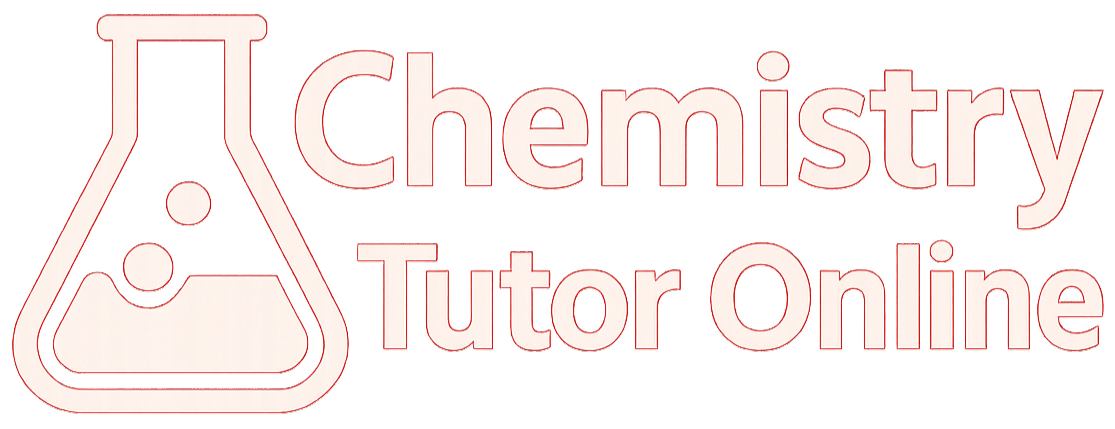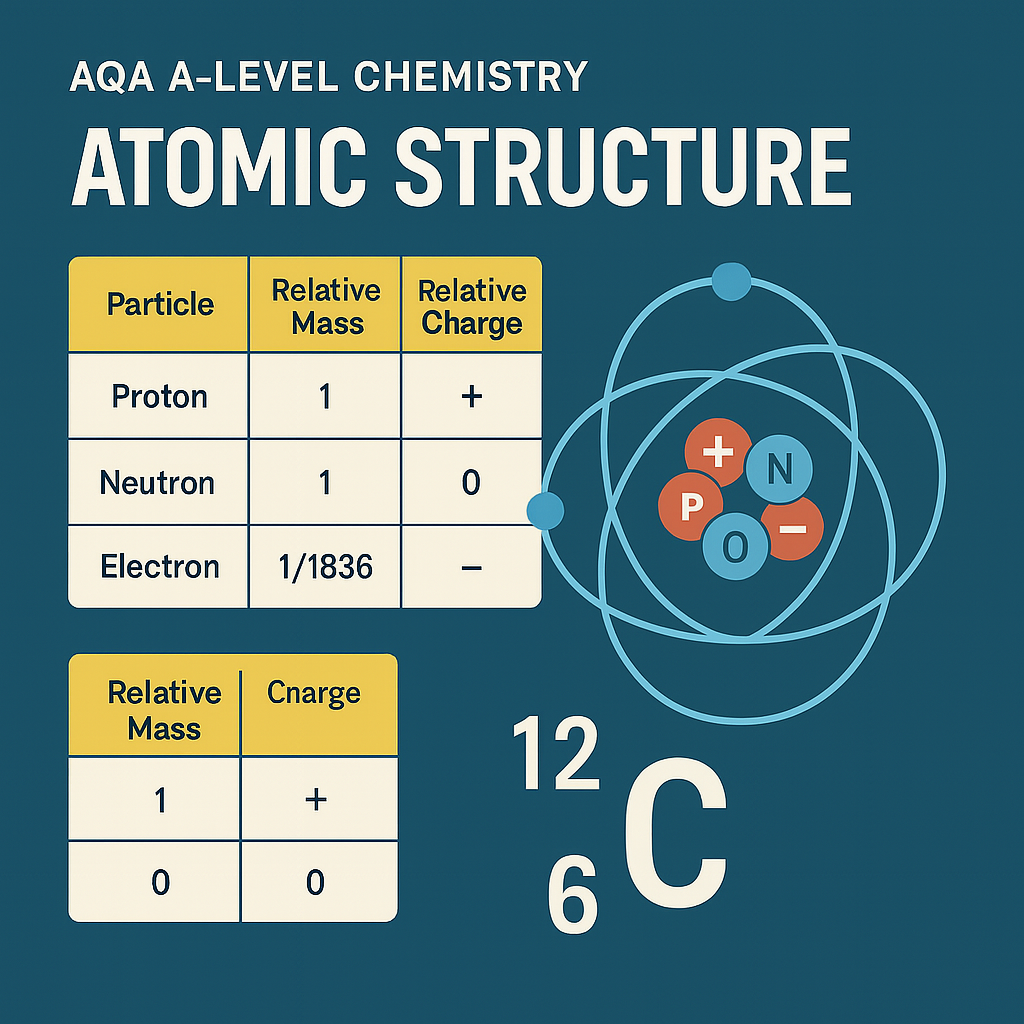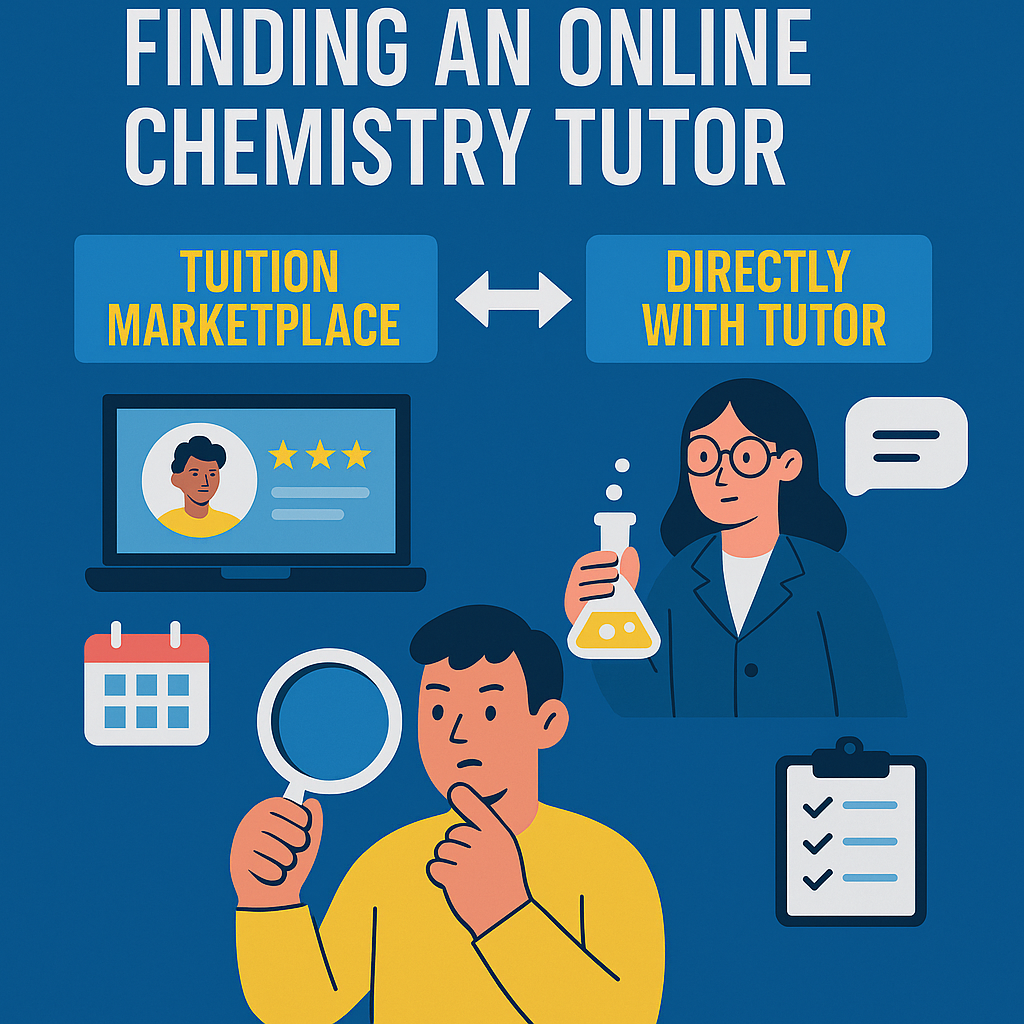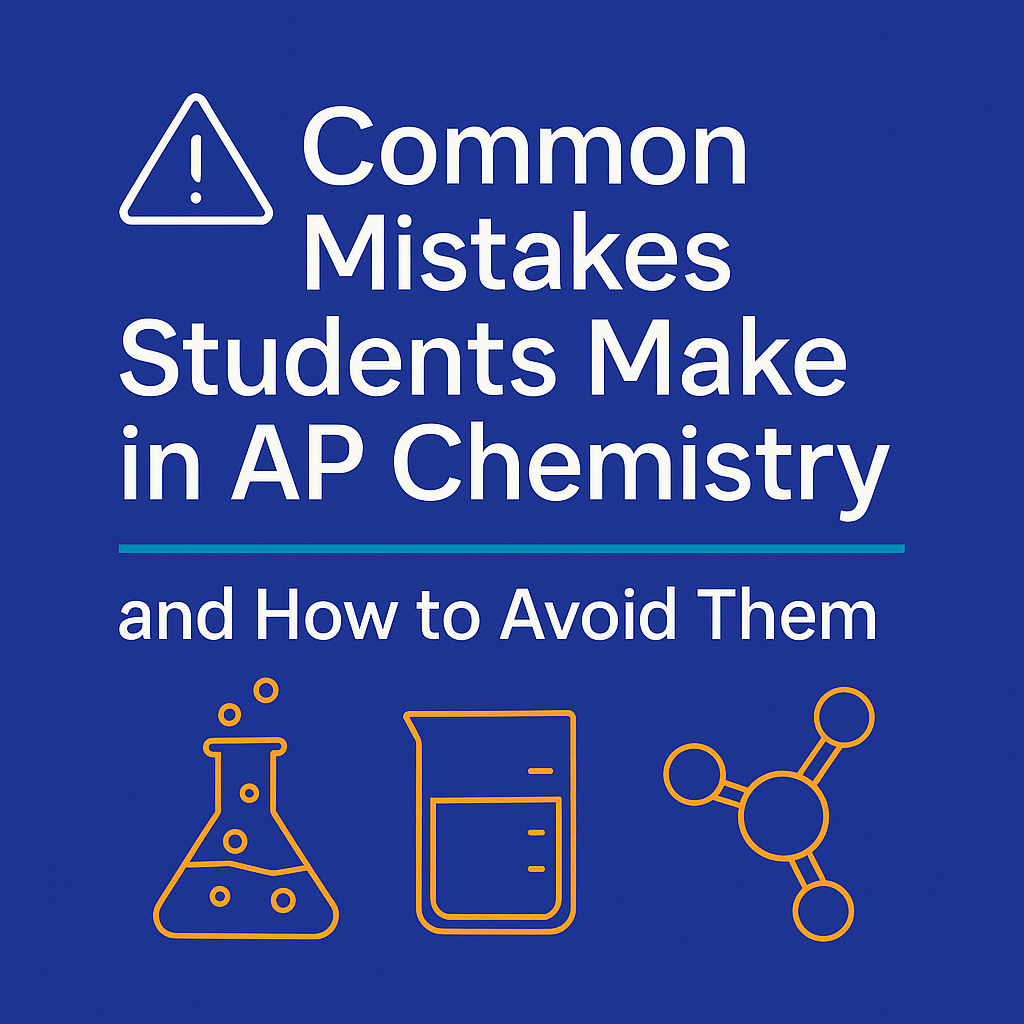Requirements to Be Selected for Triple Science in UK State Schools: A Parent's Guide
Not all schools have the resources to offer Triple Science to all students who want to do it. Often, only the top 1 or 2 sets are offered the course.
Understanding Triple Science
Triple Science, also known as Separate Sciences, allows students to study Biology, Chemistry, and Physics as three individual GCSEs. This is in contrast to Combined Science, which covers all three subjects but awards only two GCSEs. Triple Science is often viewed as more rigorous and is particularly beneficial for students who may go on to study science at A-Level or pursue careers in medicine, engineering, or scientific research.
Why Triple Science Matters Triple Science offers more content, greater depth, and better preparation for further study. It can also be a deciding factor in university applications for science-based degrees. Importantly, it provides a more enriched scientific education that develops analytical and investigative skills highly valued across academic and professional settings.
The Selection Process: How State Schools Decide There is no national policy requiring schools to offer Triple Science, nor is there a standardised selection process. The decision to offer Triple Science, and who gets to do it, varies by school. However, there are common patterns in how state schools typically select students:
1. Academic Performance in Year 9 Most schools assess students at the end of Year 9 to determine whether they are suitable candidates for Triple Science. These assessments are often internal exams that reflect a student's understanding of Key Stage 3 science topics.
Students typically need to achieve Grade 6 or higher in Year 9 science assessments.
Schools may also consider a student’s performance across the year, including homework, classwork, and participation.
2. Strength in Maths Because Triple Science involves a higher level of mathematical understanding, schools often use performance in maths as a filter.
A minimum of Grade 6 in maths (or being on track for one) is often required.
Being in one of the top maths sets is usually seen as a positive indicator.
3. Teacher Recommendations Teachers play a critical role in the selection process. They are often asked to recommend students who:
Show genuine interest in science
Work consistently hard
Demonstrate independent learning skills
Are capable of coping with a more demanding workload
4. Behaviour and Attitude Some schools reserve Triple Science for students with good behaviour and strong work ethics. Students who are disruptive or lack focus may not be considered, even if their grades are high.
5. School Capacity and Timetabling Not all schools have the resources to offer Triple Science to all students who want to do it. Often, only the top 1 or 2 sets are offered the course due to:
Limited lab space or staffing
Timetabling constraints
Budgetary restrictions
What Percentage of Students Get to Do Triple Science? Nationally, around 30% of students in state schools take Triple Science. However, this varies widely:
In grammar schools or high-performing academies, it may be 50-70%.
In schools with fewer resources, it could be as low as 10-15%.
When Do Parents Need to Take Action? If you believe your child would benefit from Triple Science, Year 9 is a crucial time. Here's what you can do:
1. Monitor Progress Throughout Year 9 Make sure you understand how your child is performing in both science and maths. Request feedback from teachers during parent evenings or through email.
2. Speak to the Science Department Ask what the school’s criteria are for Triple Science. Schools should be transparent about their process, and asking early shows you are proactive and engaged.
3. Prepare for Year 9 Exams The end-of-year assessments are often the deciding factor. These are typically held in the summer term, and performance here is crucial.
4. Consider Private Tuition in Year 9 Year 9 is the bridge between Key Stage 3 and GCSEs. If your child is borderline or struggling in science or maths, private tuition can make a significant difference.
A tutor can address gaps in understanding.
They can boost confidence and exam technique.
Tuition can help students move into the top set if that is required for Triple Science.
Why Year 9 Tuition is Critical Unlike GCSE revision in Year 11, which is reactive, Year 9 tuition is proactive. It ensures your child is on track before selection happens.
Here’s how tuition in Year 9 helps:
Improves class performance: Better class performance can lead to better teacher recommendations.
Supports maths integration: Tutors can help students apply maths more effectively in science.
Builds study skills: These are essential for handling the extra workload of Triple Science.
Offers tailored learning: Some children simply don’t thrive in group settings. 1-to-1 support can reveal their true potential.
Choosing the Right Tutor Not all science tutors are created equal. For Year 9 students aiming for Triple Science, look for tutors who:
Have experience with the GCSE curriculum
Understand how schools make Triple Science selections
Can integrate maths into science explanations
Use past papers and diagnostic assessments to identify weaknesses
Signs Your Child is a Good Candidate for Triple Science
Consistently performs well in science and maths
Enjoys understanding how things work
Asks curious, insightful questions
Works independently and meets deadlines
Has ambitions in science-related fields (medicine, engineering, etc.)
What If Your Child Isn’t Selected? Missing out on Triple Science isn't the end of the road. Combined Science still provides a route to A-Level sciences if your child performs well.
However, if your child was capable but didn't meet the criteria due to temporary issues (e.g. illness during exams), it may be worth:
Speaking to the school to appeal the decision
Providing evidence (like a tutor's report) to support your case
Exploring options for external Triple Science tuition and GCSE entry if necessary
Final Thoughts: Stay Proactive and Informed Triple Science can open doors, but access is competitive and often constrained by school policy. The earlier you understand your school’s approach and your child’s strengths and weaknesses, the better your chances of securing a place.
For many families, Year 9 tuition is the tipping point. It's when targeted support can convert a borderline student into a confident, high-performing learner who stands out in the selection process.
Checklist for Parents in Year 9:
[✓] Understand your school’s criteria for Triple Science
[✓] Monitor science and maths progress from September
[✓] Speak to science teachers early in the year
[✓] Prepare for summer exams – they often determine the pathway
[✓] Invest in private tuition if needed
[✓] Encourage your child to show interest and effort in science
[✓] Don’t hesitate to ask questions or advocate for your child
Triple Science isn’t just about academic ability—it’s about preparation, timing, and having the right support in place. By acting early and supporting your child strategically, you can help them take full advantage of this valuable opportunity.
Book a free 15-minute consultation with Dr Marguerite Quinn to make sure your child is on track for Triple Science GCSE.





Understand AQA A-Level Chemistry Section 3.1.1.2 on mass number and isotopes. Learn key definitions, isotope notation, calculations, and how this topic builds your scientific and exam skills.